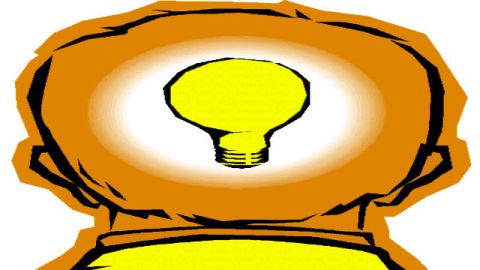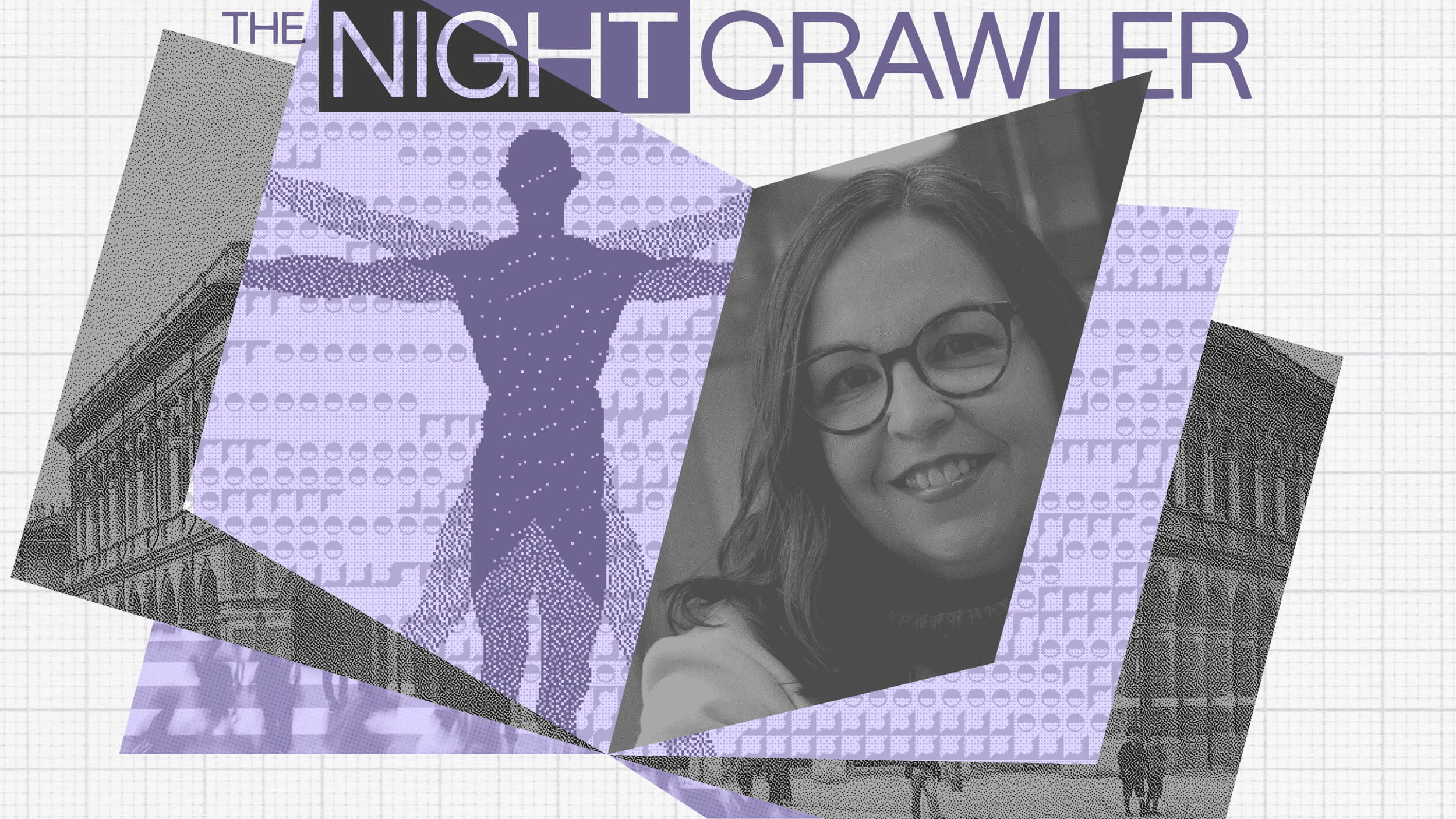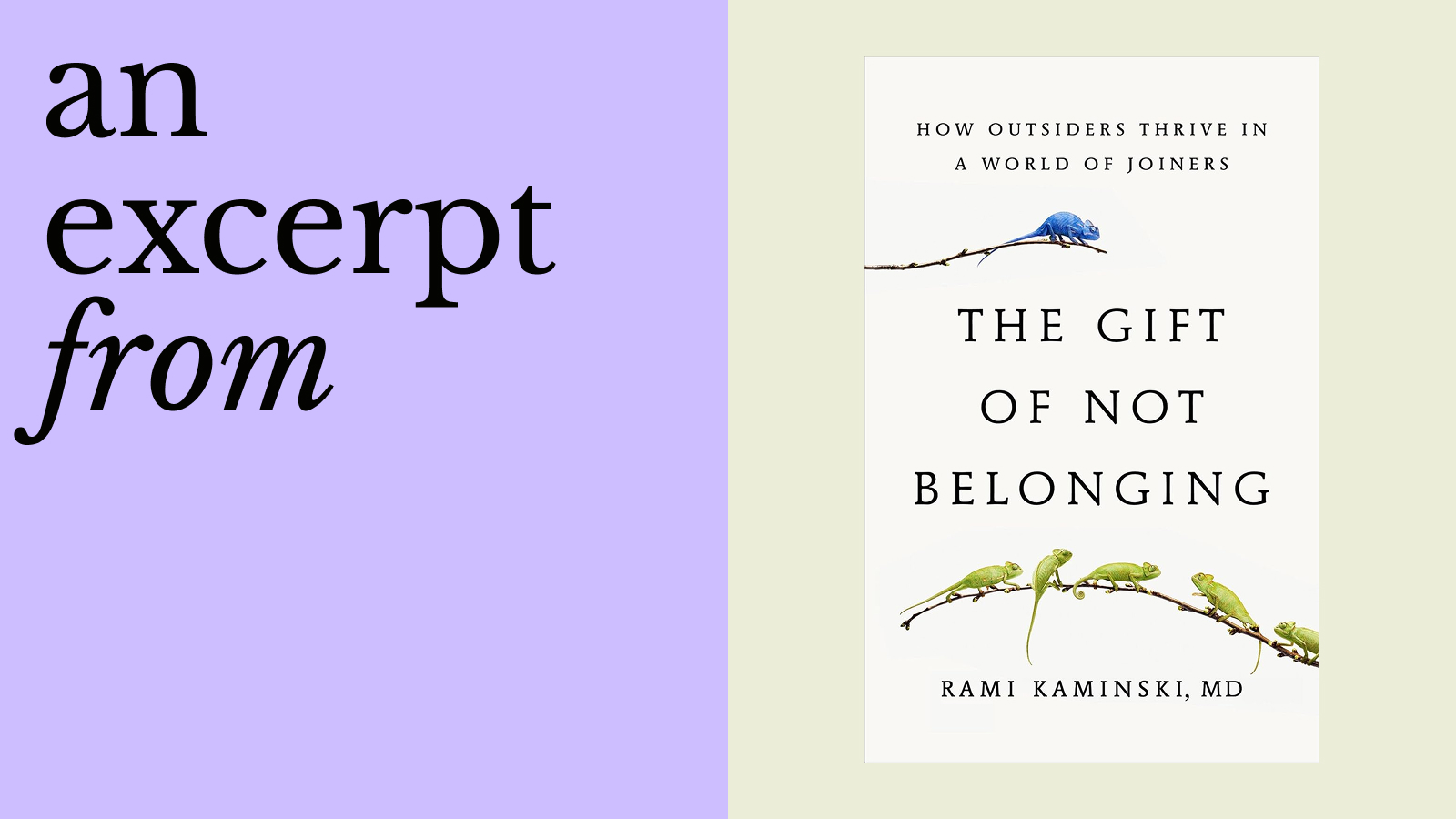The Lightbulb Issue. Illuminating the Risk of Ideology

The bulb wars burn brightly on. The members of the U.S. House who represent people for whom anti-government ideology burns more brightly than common sense have come back from a defeat earlier in the week to deny government funding for making light bulbs more efficient. On the facts of the issue the decision seems pretty dim. Incandescent bulbs waste 90% of the electricity they use on heat, not light. Which seems like a good metaphor for the rhetoric on the issue. But there is something really illuminating about this whole matter. It’s a perfect microcosm of a serious and destructive trend in the United States, the polarization of practically anything, by ALL sides on many issues. And the bulb wars brightly illustrate how the Theory of Cultural Cognition helps explain this phenomenon, and even offers a bit of hope. By understanding the roots of this contentiousness, we might get beyond it, regain the ability to listen and compromise, and make progress.
As government mandates go the Energy Independence and Security Act of 2007 (which requires other seemingly non-partisan ideas like better motor vehicle fuel economy and energy conservation in buildings), is pretty flexible. Congress thought it would be wise to require that light bulbs, any type of light bulbs, be 25 percent more efficient by 2014. That’s about as non-ideological as you could get, right? But somehow that turned into “I don’t think anybody elected their congressmen or senator to tell them what light bulb to buy,” according to Rep. George Lavender, R-Texarkana, who authored a Texas law exempting that state from the federal efficiency rules. Or this, from Rep. Barton (he’s the guy from great/oil state of Texas who thought the federal government should apologize to BP during the 2010 oil spill in the Gulf of Mexico) about the defeat of his bulb bill; “This vote clearly shows which party is for bigger federal government involvement in people’s daily lives and which is for consumer choice. Why in the world should the federal government tell people what kind of lights they can buy for their homes?”
Here’s a more important question. Why in the world is this an issue of choice? Why did the most common sense idea you could think of become yet another tribal warfare issue? Here’s why, according to the Theory of Cultural Cognition. Though we argue our positions about the issues of the day based on the facts, those positions are actually chosen, subconsciously, so they agree with the views of the groups with which we most strongly identify. Those groups are defined by some deep underlying worldviews about how we want society to operate. Cultural Cognition posits four basic group worldviews, along two continua;
Individualist —— ——- Communitarian
Hierarchist —— ——- Egalitarian.
Individualists prefer a society that mostly leaves the individual alone. “The Tea Party”, or “Libertarian”… those are just labels for “Live Free or Die” people who support a “don’t tell me what light bulb to buy” society. Their positions on light bulb choice are actually shaped by that underlying worldview. On the other end of the spectrum, Communitarians prefer a “we’re all in this together” society where the collective is more involved in determining how things go, a society that together solves problems in the name of the common good, like reducing our dependence on foreign oil or cutting air pollution from wasteful burning of coal to make electricity, basic good ideas we can’t accomplish as individuals. Like Individualists, Communitarian views on specific issues are shaped to support their preferred sort of society.
Hierarchists prefer a societal structure with a clear rigid hierarchy of power and fixed class and race and economic divisions, where the status quo and the old reliable way of doing things rule. They don’t like government regulations butting in and shaking things up. Politically, Hierarchists are conservative Republicans. Egalitarians bristle at the restrictions and injustice of economic class and rigid social hierarchy. They want a more flexible society, and support more regulations intended to level the playing field and make things fairer. These folks are mostly liberal Democrats.
Cultural Cognition research has found that these basic underlying views about the way society should operate powerfully shape our views on the specific issues of the day. We want our views to conform to those with whom we most identify, because that enhances our group’s dominance in the overall society, and it enhances our group’s acceptance of us as members in good standing. (This would explain why Texas Republican Fred Upton, who originally helped write the light bulb efficiency rules, now opposes them…because the issue has been made a lithmus test for anyone, like Upton, who wants to be accepted as a member of the tribe known as ‘conservative’.)
This social cohesion is a powerful motivator. As social animals, we depend on our groups for our well-being and our very survival. So the imperative to conform our views to those of our group is strong…all the moreso the more threatened and unsettled we feel – by troubling economic times, or environmental threats, or terrorism, or crime, or all of the above. Threat brings the tribe closer together. It enhances social cohesion in the name of self-protection.
This goes a long way toward explaining the vitriolic polarization impeding progress in America today, on the debt ceiling, or climate change, or so many other issues. The more threatened and challenged we feel – and these are certainly troubled times – the more we circle the wagons, and the more we divide ourselves. Which threatens us all. It’s like we’re herds of animals, stampeding along in separate defensive groups so nervously focused on the other competing groups that we can’t see the cliff toward which we’re all heading. In the instinctive pursuit of the safety of social cohesion, we’re endangering ourselves in the process.
But we’re not just instinctive animals. We also reason. We have the unique capacity of self-awareness. So perhaps the light from this light bulb nonsense can illuminate the Cultural Cognition phenomenon and, also in the name of health and safety, encourage us to consider more carefully how these primal divisions impair our ability to find mutually acceptable solutions to problems that threaten us all.





